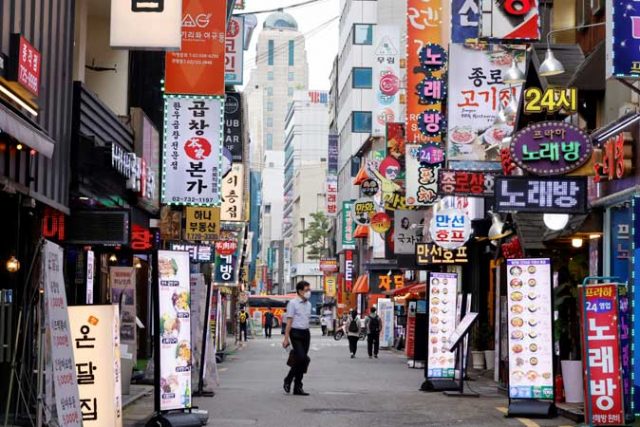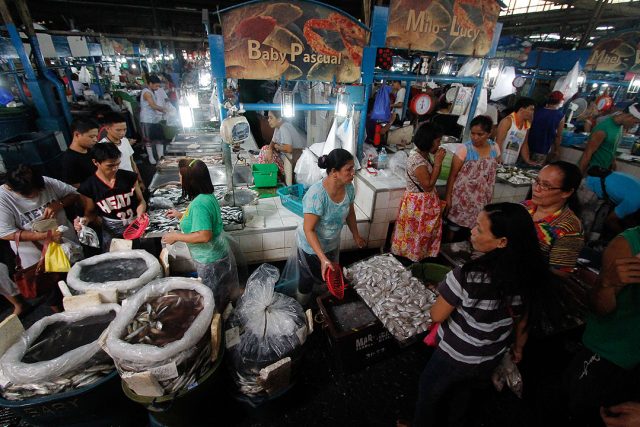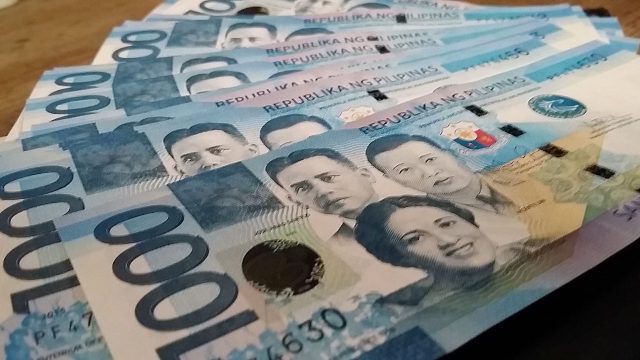Shares rise as BSP keeps rates unchanged
LOCAL shares ended higher on Friday as the country’s central bank kept interest rates at a record low and as US markets performed strongly, analysts said.
The bellwether Philippine Stock Exchange index (PSEi) rose 36.25 points or 0.52% to close at 6,951.53 while the broader all shares index increased 21.14 points or 0.49% to 4,323.64.
Darren Blaine T. Pangan, a trader at Timson Securities, Inc., said in a mobile phone message that the market ended higher as investors digested the move of the Bangko Sentral ng Pilipinas (BSP) to keep interest rates unchanged.
BSP announced on Thursday that the key rate would be kept at 2%, while overnight deposit and lending rates would stay at 1.5% and 2.5%, respectively, as part of efforts to boost the national economy amid the coronavirus disease 2019 (COVID-19) pandemic.
“Together with appropriate fiscal and health interventions, keeping a steady hand on the BSP’s policy levers will allow the momentum of economic recovery to gain more traction by helping boost domestic demand and market confidence,” BSP Governor Benjamin E. Diokno said in an online news briefing Thursday.
For Philstocks Financial, Inc. Senior Research Analyst Japhet Louis O. Tantiangco, the market closed higher due to a spillover from the performance of US markets.
The Dow Jones Industrial Average rose on Thursday by 506.50 points or 1.48% to 34,764.82; the S&P 500 increased 53.34 points or 1.21% to 4,448.98; and the Nasdaq Composite climbed 155.40 points or 1.04% to 15,052.25.
“Hopes on the further easing of social restrictions in the country amid our improving COVID-19 situation also gave a boost to positive sentiment,” Mr. Tantiangco said in a mobile phone message.
He said AC Energy Corp. led the index gainers, jumping 4.65% to P11.70, while Aboitiz Equity Ventures, Inc. was at the tail end, falling 2.16% to P52.00.
On Friday, holding firms’ sectoral index was the only one that ended lower, at
13.62 points or 0.19% to 6,921.95.
In contrast, property went up 34.54 points or 1.14% to 3,055.31; financials gained 13.85 points or 0.98% to 1,426.79; services improved 15.95 points or 0.83% to 1,923.46; mining and oil climbed 76.82 points or 0.82% to 9,436.54; and industrials inched up 23.42 points or 0.22% to 10,259.43.
Value turnover on Friday reached P8.95 billion with 2.11 billion issues switching hands, higher than the P6.48 billion with 1.59 billion issues traded the previous day.
Net foreign selling amounted to P352.05 million, higher than the P294.27 million in net outflows recorded on Thursday.
Advancers beat decliners, 103 against 79, while 67 names ended unchanged.
“As the index hovers around its immediate resistance at the 7,000 area, we’ll have to observe next week if this level would finally be breached. Otherwise, 6,780 seems to be the nearest support area,” Mr. Pangan said. — Revin Mikhael D. Ochave










 StackLeague Playoffs
StackLeague Playoffs Treasure Chest: Team Category
Treasure Chest: Team Category

